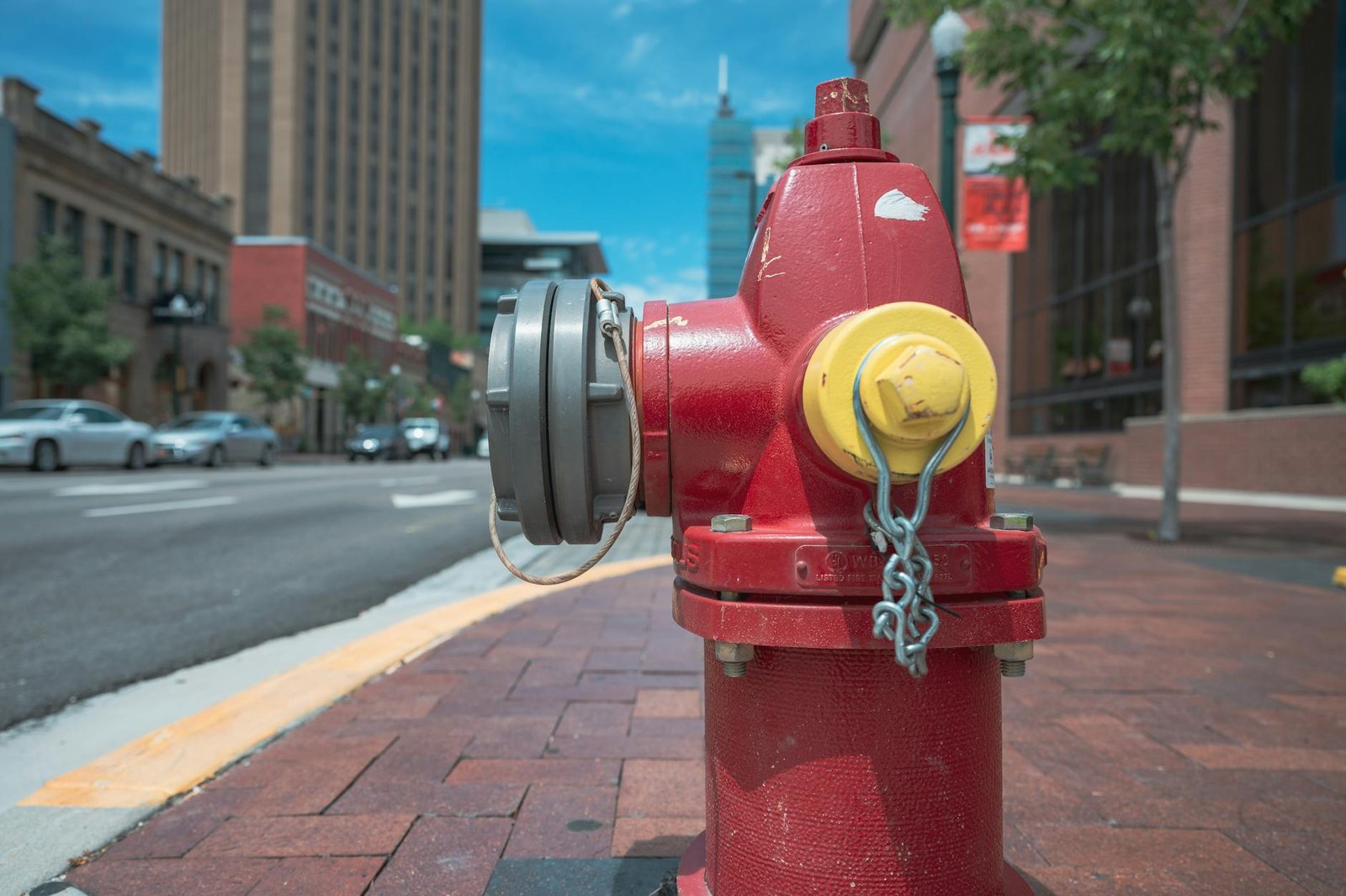Why Choose a Safety Culture?
When it comes to running a successful business, there are many factors to consider. From financial management to marketing strategies, every aspect plays a crucial role in the overall success of the organization. However, one aspect that is often overlooked but should never be underestimated is establishing a strong safety culture within the workplace.
The Importance of Safety Culture
A safety culture refers to the shared values, attitudes, and beliefs that employees have towards safety in the workplace. It is a proactive approach that prioritizes the well-being of employees and aims to prevent accidents and injuries. Here are some reasons why choosing a safety culture is essential:
1. Protecting Employees
The most important reason to prioritize safety in the workplace is to protect the employees. By implementing safety protocols and fostering a safety culture, businesses can significantly reduce the risk of accidents and injuries. This not only ensures the physical well-being of employees but also boosts their morale and productivity.
When employees feel safe and secure in their work environment, they are more likely to be engaged and motivated. They can focus on their tasks without worrying about potential hazards, leading to increased efficiency and better overall performance.
2. Compliance with Regulations
Another crucial reason to choose a safety culture is to comply with regulations and legal requirements. Depending on the industry and location, there are specific safety standards that businesses must adhere to. Failure to comply with these regulations can result in severe penalties, legal consequences, and damage to the company’s reputation.
By establishing a safety culture, businesses can ensure that they are meeting all the necessary safety requirements. This includes providing appropriate training, maintaining proper equipment, and implementing safety protocols. It not only helps businesses avoid legal issues but also demonstrates their commitment to the well-being of their employees.
3. Cost Savings
Implementing a safety culture can also lead to significant cost savings for businesses. While it may require an initial investment to establish safety protocols and provide training, the long-term benefits far outweigh the costs.
By preventing accidents and injuries, businesses can avoid the expenses associated with medical bills, worker’s compensation claims, and potential lawsuits. Additionally, a strong safety culture can reduce the frequency of equipment breakdowns and damage to property, resulting in lower maintenance and repair costs.
4. Enhanced Reputation
A company’s reputation is vital for its success and growth. Customers, clients, and potential investors are more likely to trust and engage with businesses that prioritize safety. A strong safety culture demonstrates that the company values its employees and is committed to providing a safe and secure environment.
By actively promoting safety initiatives and maintaining a positive safety record, businesses can enhance their reputation within the industry and the community. This can lead to increased customer loyalty, improved brand image, and a competitive edge over other companies.
Conclusion
Choosing a safety culture is essential for any business that values the well-being of its employees and wants to ensure long-term success. By prioritizing safety, businesses can protect their employees, comply with regulations, save costs, and enhance their reputation. It is a proactive approach that not only benefits the employees but also contributes to the overall growth and success of the organization.













